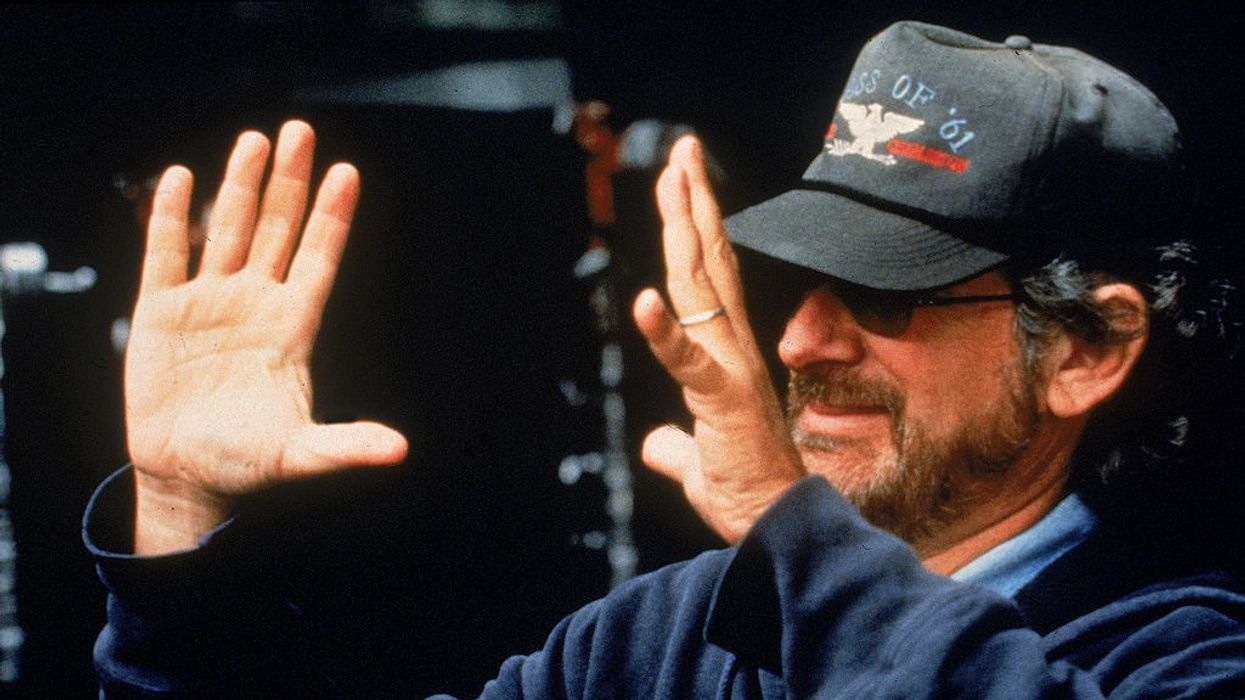What does a director do? Sure, we know the basics: cast the right actors, assist with performances, and work with the DP to figure out the look of the film. But, technical and logistical tasks aside, what does a director do artistically to turn words from a script into a dynamic and engaging piece of moving images?
In this video essay, Declan Taaffe talks about the many qualities and abilities of a good director, from knowing how to create emotion to understanding the often cryptic language of cinema.
We could go down the line of techniques and skills that are good to to have if you want to be a great director, but not all great directors have those techniques and skills—in fact, some of them break the rules and end up making the art form even more complex and diverse. I think there's really only one thing that all great filmmakers have in common: a philosophy.
It's so easy to make a bad movie. Many of us spend so much time and money trying to make it as good not bad as possible, acquiring new toys that'll make our cameras do cool things or weeding out imperfections in a performance until it becomes hard like an over-chewed piece of gum. But maybe that shouldn't be the focal point of your creative process.
What I see my favorite directors doing is recognizing and staying true to their artistic philosophy by making films that they care about rather than ones that will simply get funded. Maybe that's the heart of being a director: being moved by something and trying with great futility to recreate it to move others. Or maybe you just make films for yourself, because it's your only means of artistic expression.
Your artistic philosophy is the engine that pushes you forward and makes you grow as a filmmaker. It influences what you point your camera at, what appears to you when you look through your lens, and which cinematic words you use to explain what you see.
Source: Writing with the Camera












